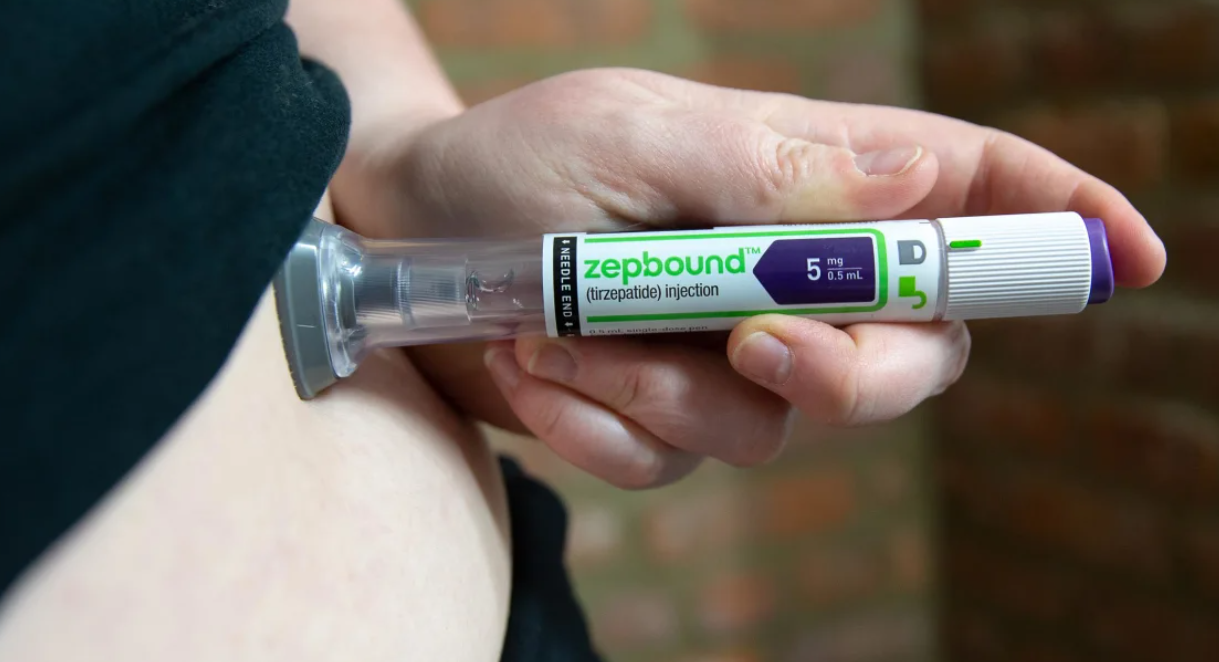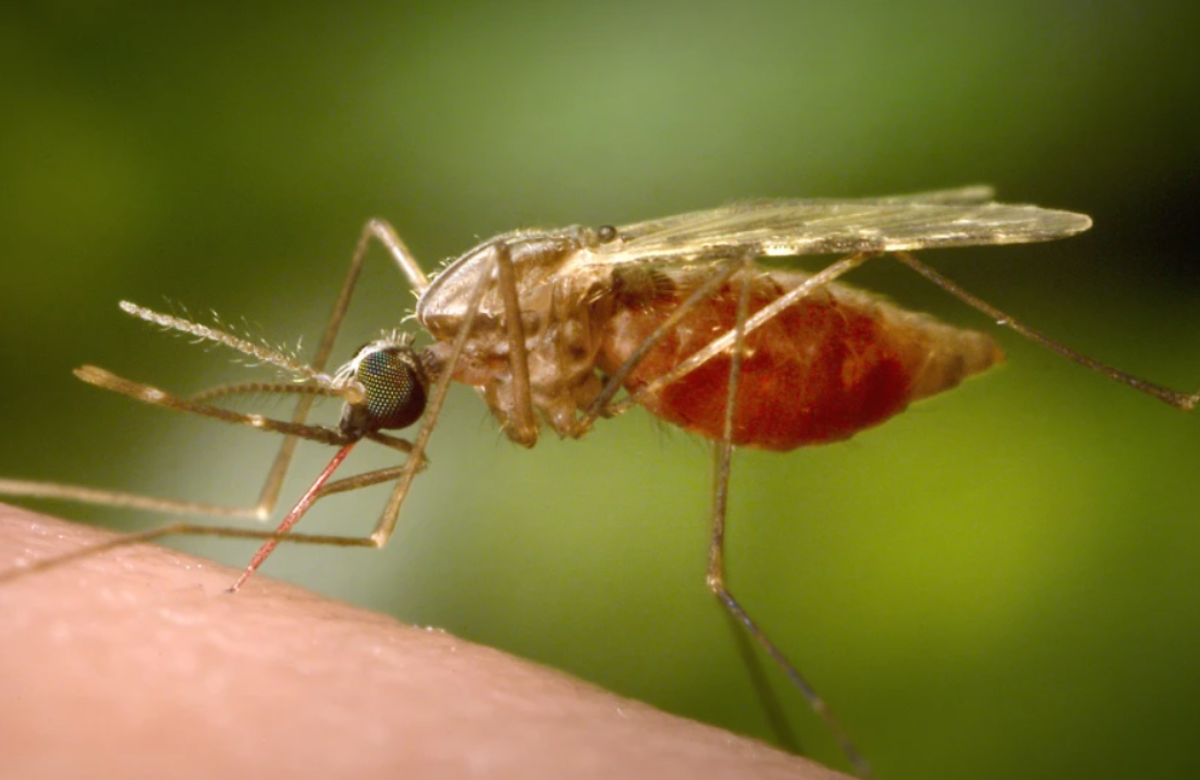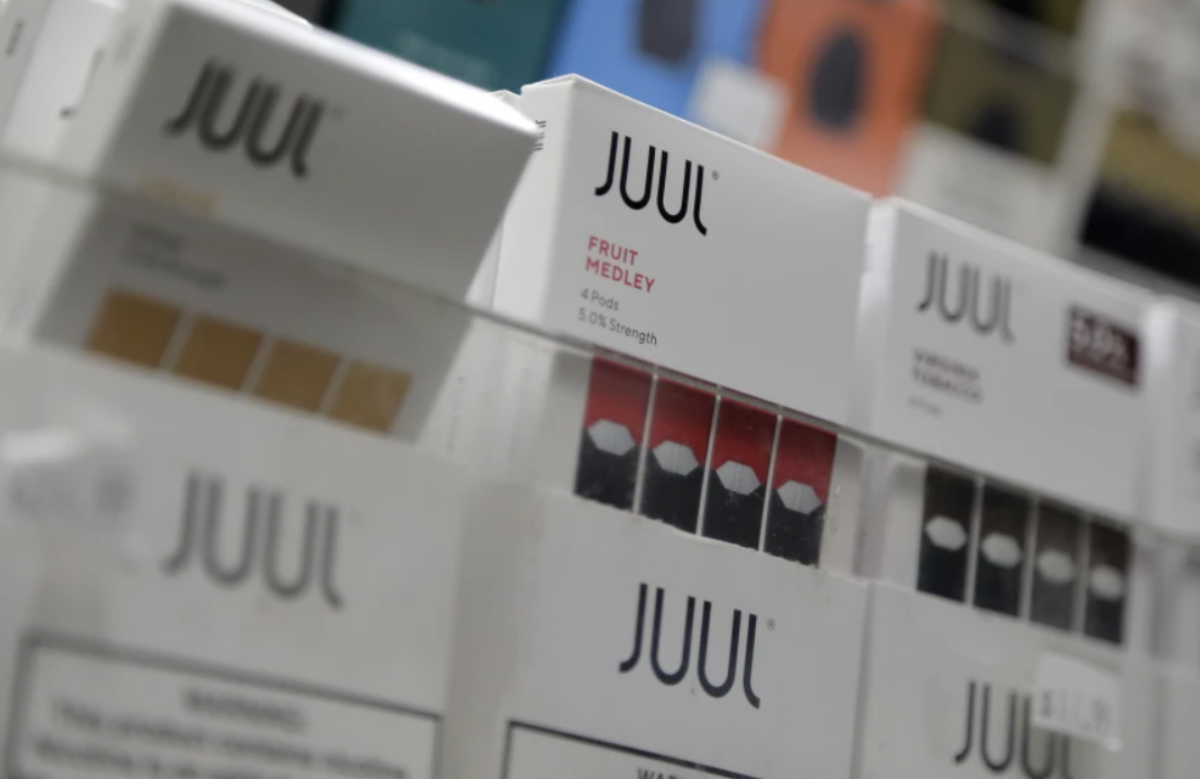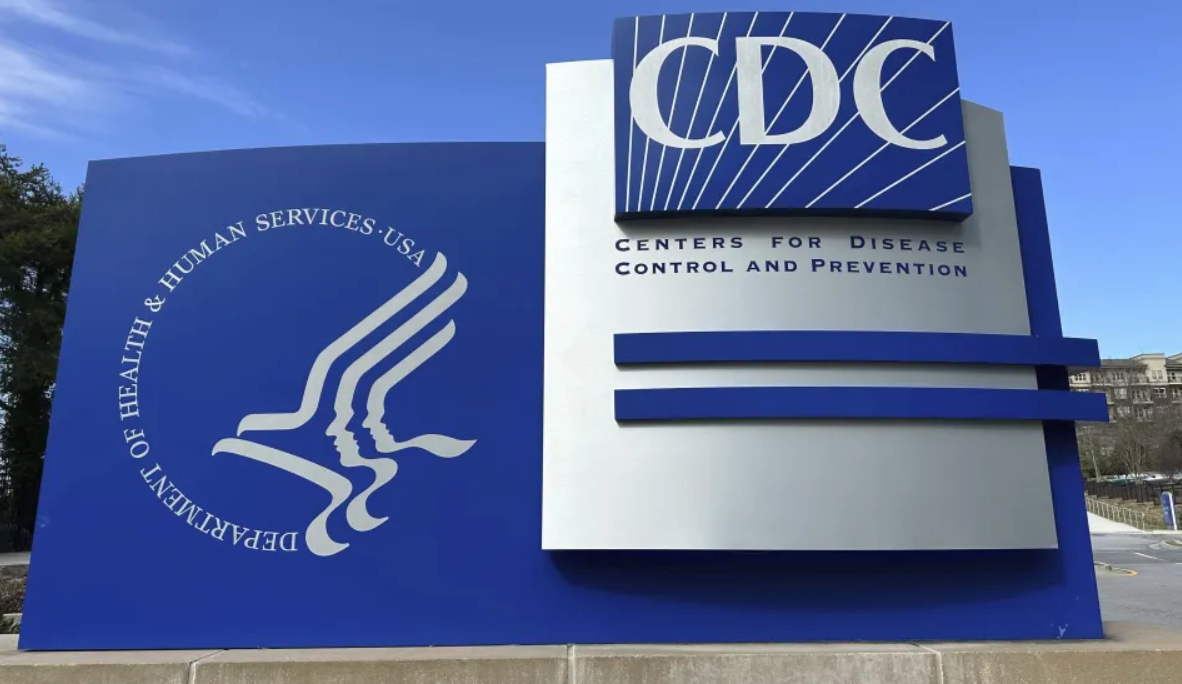The U.S. Food and Drug Administration (FDA) announced on Thursday that there is no longer a shortage of Eli Lilly’s popular weight loss and diabetes medications after a review of their supply.
This finding effectively halts the widespread sale of cheaper versions of the drugs that many patients rely on. However, the FDA stated that it would not take action against the compounding pharmacies that produce these alternatives within 60 to 90 days of this decision.
Initially, when the FDA declared the drugs to no longer be in shortage in October, there was no notice period for the compounding pharmacies. Shortly after, the agency decided to revisit its conclusion.
U.S. regulations permit compounding pharmacies to create copies of brand-name drugs that are in short supply.
A spokesperson for Eli Lilly stated that anyone marketing or selling unapproved versions of tirzepatide, the active ingredient in its weight-loss drug Zepbound and diabetes medication Mounjaro, must cease doing so and start transitioning patients to FDA-approved alternatives.
The Alliance for Pharmacy Compounding, an organization representing compounding pharmacists and technicians, acknowledged the announcement but noted that it may not be the final resolution to the issue.
Scott Brunner, CEO of the Alliance for Pharmacy Compounding, expressed doubt about the FDA’s decision to end the shortage of Eli Lilly’s drugs, stating that he believes the data supporting the agency’s conclusion is insufficient to declare the shortage truly over.
The FDA also noted that while Novo Nordisk’s weight-loss drug Wegovy is still listed as in shortage, all doses are technically available. The Alliance recently submitted survey results to the FDA, showing that many patients were using compounded versions of semaglutide (the active ingredient in Wegovy) and urged the agency to consider how these compounded drugs have helped address the supply issue.
Telehealth company Hims & Hers Health, which offers compounded versions of Wegovy, chose not to comment. Despite a nearly 300% increase in its stock price this year, its shares fell by 10% to $24.74.
Eli Lilly’s stock has risen 30% this year, although it saw a 1% drop to $758.90. Shares of Novo Nordisk, based in Denmark, have gained 10.6% this year but were down 3.5% on Thursday.
Analyst Courtney Breen from Bernstein suggested that the FDA’s decision signals the end of the “compounder-spree,” but he believes the impact on prescription volumes for these drugs in 2025 will be minimal.
Additionally, a group representing larger compounding pharmacies filed a lawsuit against the FDA in October, challenging its decision to remove tirzepatide from the list of drugs in shortage.
The Outsourcing Facilities Association argued that the FDA’s decision to end the shortage of Eli Lilly’s drugs was based on the company’s claim that it could meet demand, without allowing the public to provide input. The association maintains that the drug is still in short supply.
Shortly after the lawsuit was filed, the FDA decided to reconsider its decision, which led to the lawsuit being put on hold. During this period, sales of compounded versions of the drugs were allowed to continue.
While insurers typically cover Lilly’s and Novo Nordisk’s diabetes medications, many do not cover them for weight loss, forcing many patients to pay out-of-pocket for compounded alternatives.
In August, Eli Lilly began sending cease-and-desist letters to telehealth companies, wellness centers, and medical spas selling compounded versions of Zepbound and Mounjaro. The company has also filed lawsuits against those who falsely claim to be selling FDA-approved versions of the drugs.














